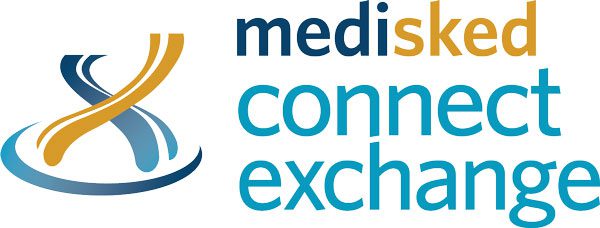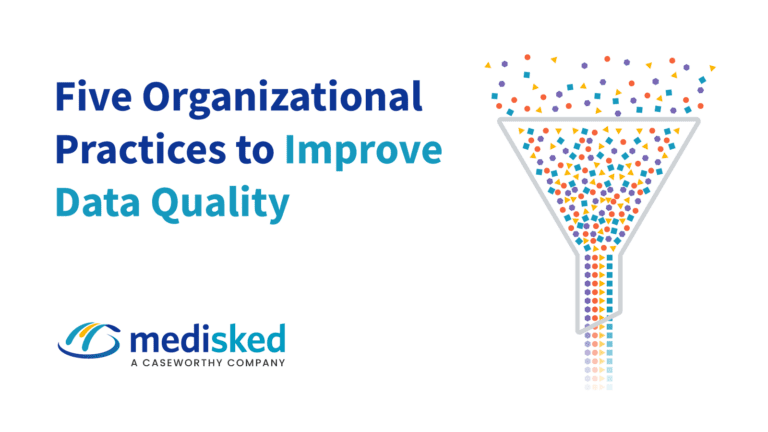At MediSked, we are carefully designing every page and choosing every word to make sure that our software is as person-centered and people-first as it can possibly be.
Why? Because what we say and how we present things really does matter. It sets the tone. It says something about us – and how we view people with disabilities. And it can help shift the mindset of the people who log in and use our systems everyday.
One of the words you’ll see used fairly frequently is “Services” – because people with IDD do receive various services.
When you type “Services definition” into Google, the very first entry reads:
noun
1. the action of helping or doing work for someone.
“millions are involved in voluntary service”
synonyms: favor, kindness, good turn, helping hand;
 So, agencies and the people who work for them do indeed provide services. The noun.
So, agencies and the people who work for them do indeed provide services. The noun.
That’s not the word I have an issue with. The word I have an issue with is the verb, serve.
When we say that we “serve” individuals with disabilities, we say that we do things for them.
In many ways, we do – but saying that we “serve” sets the expectation that we do everything while they sit passively and receive it.
If we want to create a world where each individual is as independent and self-sufficient as possible, we shouldn’t be identifying our entire role in their lives as serving them. We need to support not serve. And we need to say so.
How many times does a DSP inn a group home prepare dinner and serve it to the residents, rather than having them come into the kitchen and take an active role in making the meal? That’s likely because that DSP thinks of his or her role as one of a server – not a supporter.
Serve isn’t a bad word in and of itself – but it is undermining the changes we’re trying to make as an industry.
So, think about it – and think about using “support” instead of “serve” today – and everyday. It really will make a difference.







